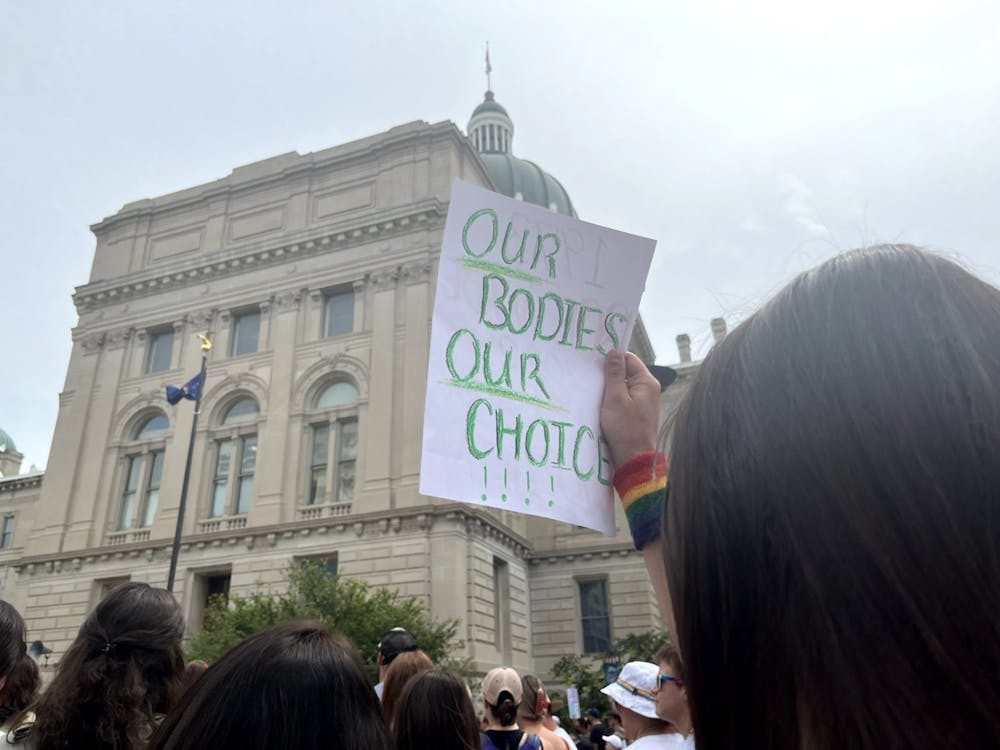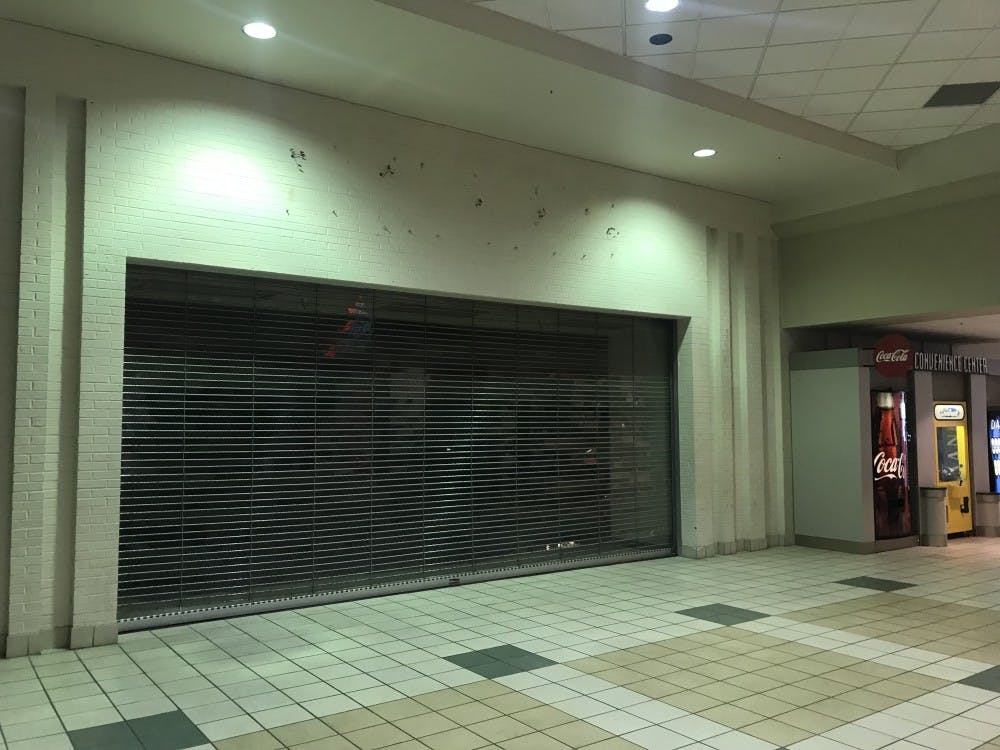Sarah Olsen is a sophomore journalism and political science major and writes "Discussion & Discourse" for the Daily News. Her views do not necessarily reflect the views of the newspaper.
*Disclaimer: “Adam’s” name and physical description have been altered for privacy reasons.
When I was a kid, I was obsessed with the story of Rapunzel.
A girl, trapped in a tower, is broken free by the love of her life and shown a world she had no idea existed beyond her window sill. It’s a beautiful story, and it’s exactly what I thought falling in love would be like: exhilarating, terrifying and capable of transforming my life.
As it turns out, I was half right.
When I was in my second semester of my sophomore year of high school, I met *Adam. He was tall — around 6’3” — with curly blonde hair, brown eyes and hands that were bigger than both of mine combined. Most importantly though, he could make me laugh almost every time he opened his mouth. I wouldn’t call it love at first sight, but it was so very close.
Cue a two-and-a-half year relationship that spanned my junior and senior years in high school, and first semester at college. He and I jumped off cliffs, held each other through numerous illnesses and shared many meals together on the ratty, old couch in his first college apartment. It was simple and easy, yet our time together was marred with underlying tension that he and I couldn’t push away.
For those of us who aren’t asexual or celibate, sex is almost inevitable in a mature, long term relationship — at least it was for Adam and I. But every time we were together, there was an undertone of uncertainty and nervousness, for there were questions we were afraid to ask.
“What if we weren’t careful enough? What if there was a mistake? Would I be forced to drop out? Were we ready for parenthood?”
Even before June of this year, when the Supreme Court ended the right to abortion in Dobbs v. Jackson, attaining an abortion in the state of Indiana was difficult. Take Indiana House Bill 1337, which was passed in 2016 and dictated that women must obtain an ultrasound and state-directed counseling 18 hours before an abortion, in an effort to discourage the patient from returning for the procedure. For those who worked and could not come back, had little money or support or were close to the 20-week cutoff, at which point abortions were no longer legal, it was a terrifying setback.
Now, in a post-Roe world, the stakes and fear have grown far greater.
The recently approved Senate Bill 1 dictates that all abortions in Indiana will be criminalized on the grounds of infanticide except in the case of rape, incest, if a mortal defect is found in the fetus and if the mother’s life is threatened.
Furthermore, abortions will only be permitted in hospitals or hospital-associated centers. All local clinics will close, and in a state where 75 out of its 92 counties are rural or rural/mixed, this means even women who qualify for an abortion will have a hard time obtaining it since most hospitals are concentrated in urban areas, forcing them to cross state lines and risk prosecution upon their return.
To understand the consequence of these restrictions within the context of Senate Bill 1, it is significant to note that Indiana already ranks third in maternal mortality in the US — a statistic that will be compounded by the bill. Now, some women will be forced to give birth to children they never intended to have without the resources they need, given the COVID-19 pandemic forced the closure of approximately half of Indiana child care centers.
It goes without saying that the conservative Hoosier lawmakers who authored this bill believe they have noble intentions to “save the unborn.” But what they fail to consider is that they are actually endangering the lives of women who are already fighting to stay alive in a system that caters to men, with no escape from this reality. Now, motherhood is a life to be dictated by the whim of state policymakers, rather than a woman’s own free will.
This is a sentiment that leers over my life, that ultimately led me to end my Rapunzel-esque happily ever after for fear of an accidental pregnancy.
Don’t get me wrong: I’m not completely pessimistic. I would like to meet someone and, yes, eventually marry. But, I am, at my core, a person who wants a life uncompromised with children, and thus I am afraid to fall in love in a post-Roe world for fear I will be sucked unwittingly into motherhood.
So perhaps I will ultimately have to give up on the idea of marriage. Maybe I will eventually be forced to leave Indiana to escape these ramifications. I have always wanted a demanding career, rather than children, to give my life purpose — but I cannot pursue that if I give my body to this state and my life to a child.





